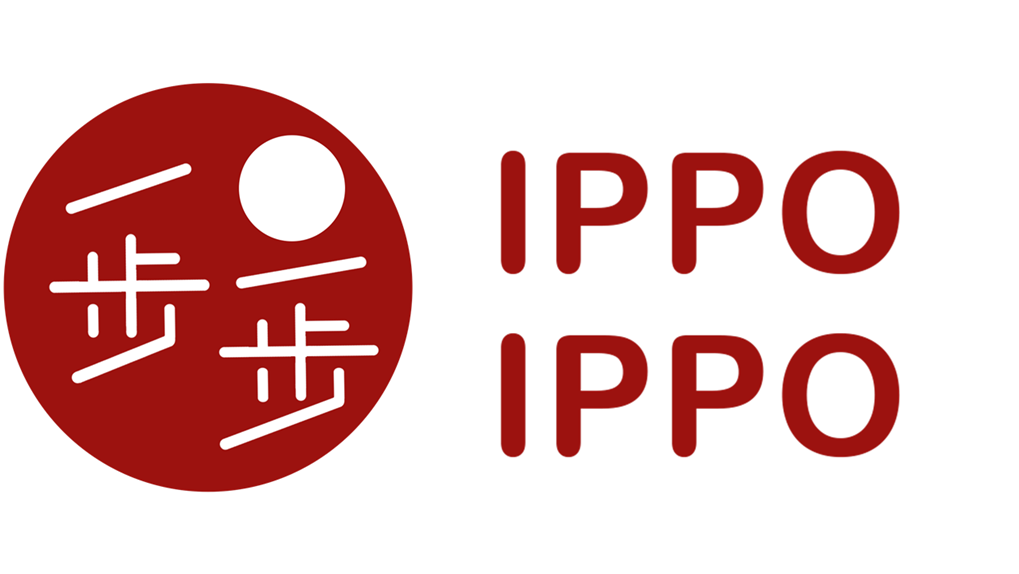Posted: 21st Mar 2023
Did you know one of the very first blog posts I made on this site was about podcasts for complete beginners?
As someone who's always enjoyed learning Japanese by listening (I used to listen to vocab lists on my way to class!), I'm a little biased when it comes to recommending podcasts as a learning method. However, since I started teaching in 2018, I've found that many of my students also really enjoy listening to podcasts as a way of picking up new bits of Japanese, learning about Japanese culture and simply hearing Japanese people talk about their thoughts and experiences.
Personally, the main things I enjoy about learning from podcasts are:
- You can do it pretty much anywhere
- It's relatively easy to slot into your schedule (e.g. listening on your commute or last thing before bed)
- There's no pressure to answer questions or memorise anything - all you need to do is listen!
In this post I want to answer a few questions I often get from students. If you'd like to skip ahead to any particular section, you can do so by clicking on the following links:
How can I learn from podcasts?
So: if you're considering learning Japanese from podcasts, how should you actually go about it?
If you're just starting out with podcasts, I suggest you take your time finding one or two that you enjoy - or at the very least feel comfortable listening to. What I mean by this is that it's important to pick a podcast that you can enjoy without being irked by the audio quality, presentation style etc. It may sound picky, but the aim is to find something that you can relax into, so don't feel you have to stick to one of the first ones you find.
As for the listening process, here are two different ways I go about listening to podcasts:
- Passive listening: aka only vaguely tuning in. This is the type of listening I do when I'm a bit tired and don't particularly feel like learning Japanese. The idea with passive listening is that it's still worth listening to help "keep your ear in" (get you used to the sounds and rhythms of Japanese). I often find that even when I'm only partially paying attention, there'll be one or two words or phrases my ears pick up that I maybe haven't heard in a while, or that I end up looking up because I hear them so many times throughout the episode. Apart from anything, making the effort to listen to some Japanese even when I don't have the energy to "properly" study often helps raise my motivation for other more energy-intensive learning later in the week.
- Active listening: this is for when you've got some extra energy to expend! Active listening could mean anything from listening to the same episode multiple times over while focusing on what's being said to reading along with the script (if the show has one) to trying to shadow what's being said, meaning you aim to repeat what the host is saying so quickly you almost speak in time with them! (See the video below for more on shadowing.) While doing all this, you might want to take notes of new vocab or phrase. I've learnt a lot of really handy Japanese in this way thanks to podcasts being a good source of authentic Japanese that textbooks and similar materials often neglect.
What if I don't understand?
Let's talk about the elephant in the room.
Especially if you're relatively new to Japanese, it's not unlikely that you'll struggle to understand quite a lot of the podcasts that are out there. Even if you're more advanced, it can be tricky to find something that's right for your level.
If you've got no idea what's being said in a podcast, remember it's okay to move on and try something else. There are loads of options out there! (More on this in a moment.)
If you've got a vague idea what's being said, however, it may be worth sticking out an episode or two. I recommend giving this a go especially if you've not spent much time listening to Japanese before, as it's likely your ear needs some extra time to tune in and start recognising words and phrases. Getting used to only understanding part of what you're hearing is actually a really important part of learning any language, as when you actually speak to a fluent speaker (e.g. in Japan), you almost certainly won't understand everything that's being said.
While it's important to find a podcast you enjoy (as more enjoyment = more listening = more learning!), in my opinion, the best kind of podcast is one that pushes you just beyond your comfort zone. Give it a go and see if you agree!
Quick tip: a lot of podcasts are on YouTube these days. If you find it hard to engage with listening alone, see if you can find a podcast that'll give you visual input too.
Where can I find Japanese podcasts?
There are loads of articles out there with recommendations of podcasts for Japanese learners, so honestly, you can't go far wrong by just searching online.
That said, if you feel a bit lost or overwhelmed, I suggest checking out the Tofugu Japanese Learning Resources Database. Just select "Media Type" then "Podcast" to view their recommendations.
If you're a complete beginner, you can also check out my suggested podcasts here.
You've reached the end of this post! I hope you enjoyed it.
For updates on posts like this sent straight to your inbox, sign up to my newsletter (sent no more than once a month):

Support Me on Ko-fi
If you've enjoyed this post and would like to see more like it in future, please consider sending a donation - however small! - via Ko-fi. I don't include any affiliated links or ads on my blog, so every little helps!
Please donate via the portal below or by going directly to the Ippo Ippo Japanese Ko-fi page.







